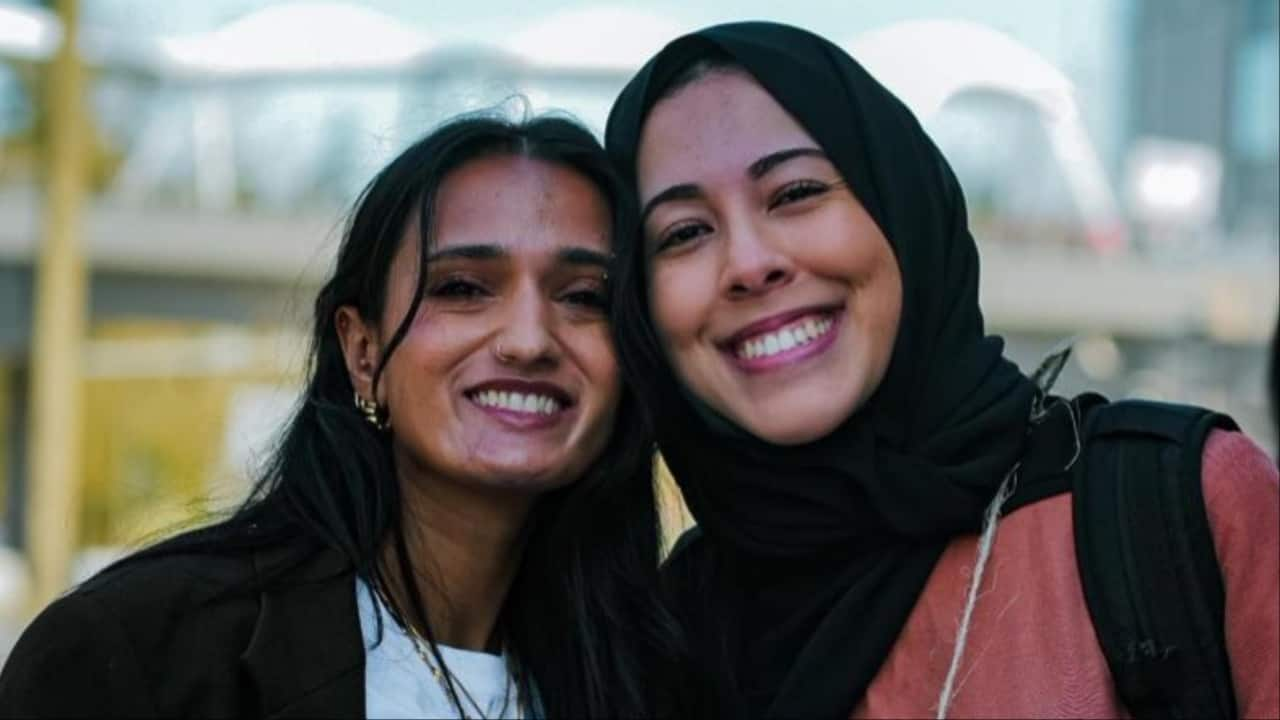OpenAI is fighting back against the UK government's proposals on how to handle AI training and copyright.The government's 'preferred option' is to change current copyright law to allow AI firms to use public content for commercial training purposes without permission from the rights holders, unless those rights holders specifically opt out.The proposals, which form part of the Data (Use and Access) Bill, are seen as deeply unfair by rights holders - but AI firms think they don't go far enough.
OpenAI said in its response to the public consultation that it wants to see text and data mining exempted from any opt-out.It's the only way the UK can build on its current AI potential, the firm said, claiming that a broad text and data mining (TDM) exception could address specific rights holder concerns - and even create new opportunities for them.Similarly, the tech giant warned that opt-out systems haven't worked well in the EU.

"In the EU, the lack of clear and scalable technical standards has created uncertainty about what opt-out methods are workable and valid, causing uncertainty for both AI companies and rightsholders," it said."In contrast, the US approach has sustained American leadership in earlier technological waves and now AI. The UK has a rare opportunity to cement itself as the AI capital of Europe by making choices that avoid policy uncertainty, foster innovation, and drive economic growth.
"Needless to say, other AI firms are taking a similar stance."Regulators should avoid heavy-handed blanket requirements such as authors always giving permissions in advance. It is hardly possible in practice and would only make AI companies turn away from the UK and the EU," said Denas Grybauskas, chief governance and strategy officer at Oxylabs.
"Thus, the regulation should fairly balance the interests of AI developers and copyright holders in order to honor their rights without sabotaging AI innovation."The proposals are also in line with recommendations from the Tony Blair Institute For Global Change think tank, which last week released a report claiming there are “better ways of supporting the creative industries in the digital age than through restrictive copyright laws for AI-model training”.Creatives hit back over copyright concernsAuthors, though, are up in arms.
There were protests outside Meta's Kings Cross headquarters last week, for example, after it was claimed that the firm had mined millions of books for its AI training.The organizers, the Society of Authors, are calling for an urgent meeting with secretary of state for culture, media and sport, Lisa Nandy, describing the proposals as "the biggest wholesale attack on British books in history".The government is expected to publish its response to the consultation by October.
Culture minister Sir Chris Bryant told MPs this week, "Anything that we do in relation to AI and copyright will only proceed if we can make sure that there is more control and more remuneration for the creative industries at the end of it, rather than less".MORE FROM ITPROOpenAI’s day in the sun is overElon Musk’s $97 billion flustered OpenAI – now it’s introducing rules to ward off future interestOpenAI wants to simplify how developers build AI agents.
Technology

OpenAI woos UK government amid consultation on AI training and copyright

OpenAI is fighting back against the UK government's proposals on how to handle AI training and copyright.















